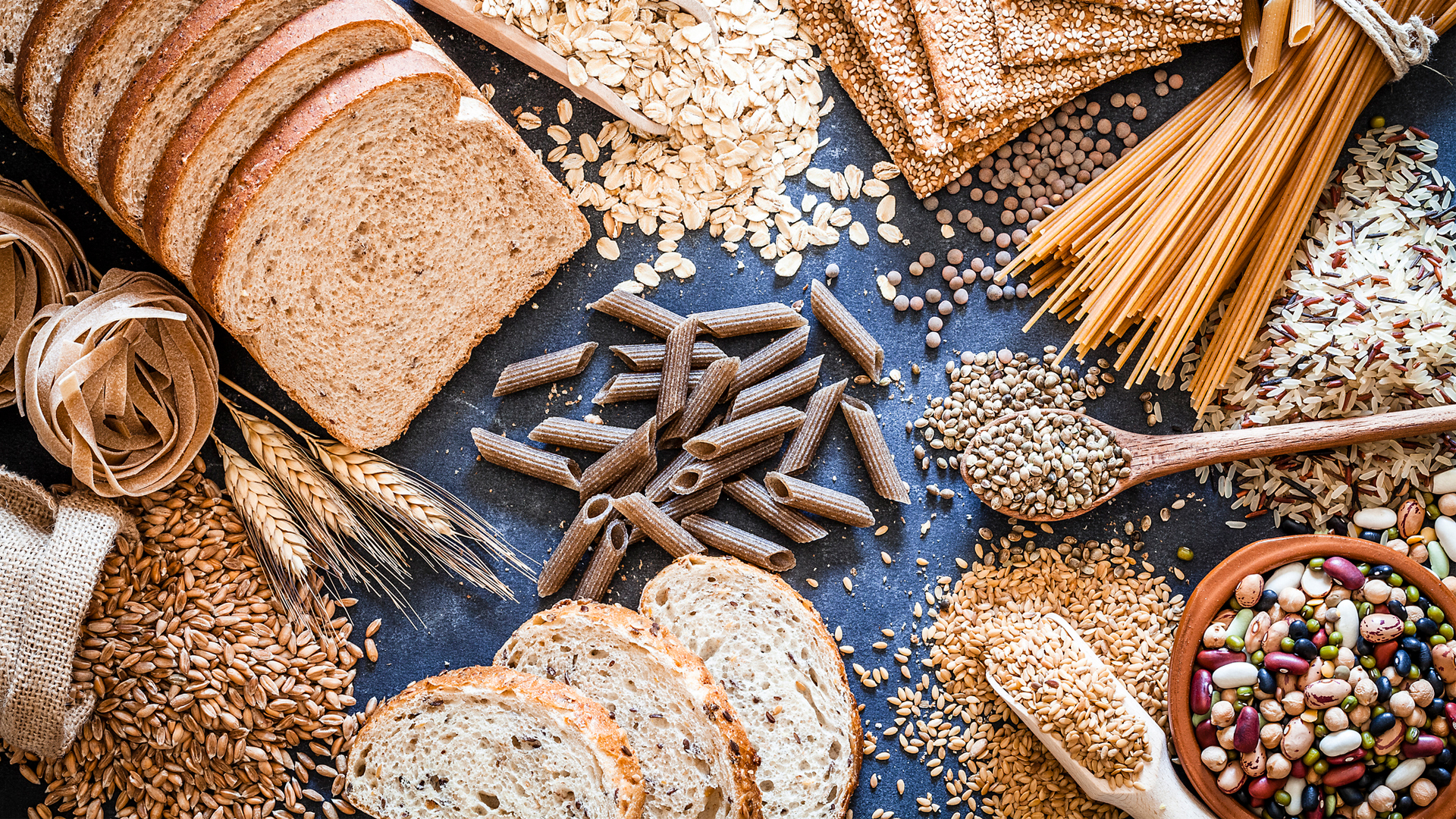Digestive problems can be uncomfortable and disruptive to our daily lives. They can range from mild discomfort to more severe conditions that require medical attention.
One of the key factors that contribute to digestive issues is our diet. Certain foods can trigger digestive problems and understanding which ones to avoid can help alleviate discomfort and promote better digestive health.
In this article, we will explore 9 foods that cause digestive problems, their impact on the digestive system, and provide practical tips for managing these issues.
9 Foods That Cause Digestive Problems
Digestive problems can manifest in various ways, including bloating, gas, diarrhea, constipation, and stomach pain. Here are 9 common culprits that can trigger these issues:
1. Spicy Foods: Adding Fire to Your Digestive System
Spicy foods are known for their intense flavors and fiery kick. However, they can also irritate the lining of the stomach, leading to discomfort and heartburn. The active compound called capsaicin found in chili peppers is responsible for the heat and can cause acid reflux in some individuals. If you’re prone to digestive problems, it’s advisable to moderate your intake of spicy foods.
2. Fatty Foods: The Culprits Behind Indigestion
While fats are an essential part of our diet, consuming excessive amounts can lead to digestive distress. Fatty foods take longer to digest, putting a strain on the digestive system and potentially causing symptoms such as bloating, nausea, and diarrhea. Fried foods, fatty cuts of meat, and full-fat dairy products are examples of foods high in fat that may contribute to digestive problems.
3. Citrus Fruits: The Sour Side of Digestion
Citrus fruits are a rich source of vitamin C and offer numerous health benefits. However, their acidic nature can be problematic for some individuals. Acidic fruits like oranges, lemons, and grapefruits can trigger heartburn and acid reflux in susceptible individuals. If you experience digestive problems after consuming citrus fruits, it may be helpful to limit your intake or try less acidic alternatives like bananas or melons.
4. Carbonated Drinks: Bubbles That Burst Your Digestive Peace
Carbonated drinks are fizzy and refreshing, but they can wreak havoc on your digestive system. The bubbles in these beverages release gas into your stomach, leading to bloating and discomfort. Additionally, carbonated drinks often contain high amounts of sugar, which can exacerbate digestive issues. Opting for still water, herbal tea, or infused water can help keep your digestive system calm and balanced.
5. Beans and Legumes: The Musical Fruit
Beans and legumes are highly nutritious and provide a good source of fiber and protein. However, they can also cause excessive gas and bloating due to their high fiber content. Some individuals have difficulty digesting the complex sugars present in these foods, resulting in flatulence and discomfort. To reduce the likelihood of digestive problems, soaking beans before cooking and gradually increasing your intake can help your body adjust.
6. Dairy Products: When Lactose Lingers
Dairy products, such as milk, cheese, and ice cream, contain a sugar called lactose. Many individuals have difficulty digesting lactose due to a lack of the enzyme lactase. This condition is known as lactose intolerance and can result in digestive problems like bloating, gas, and diarrhea. If you suspect lactose intolerance, opting for lactose-free alternatives or taking lactase supplements can help mitigate these issues.
7. Gluten: The Enemy of Those with Celiac Disease
Gluten is a protein found in wheat, barley, and rye. For individuals with celiac disease, consuming gluten can trigger an immune response that damages the small intestine. This autoimmune condition requires strict adherence to a gluten-free diet to avoid digestive problems and other complications. It’s important to read food labels carefully and opt for gluten-free alternatives to ensure a healthy digestive system for those with celiac disease.
8. Onions and Garlic: Flavor Enhancers That May Cause Discomfort
Onions and garlic are staple ingredients in many cuisines and add a distinct flavor to dishes. However, they also contain a group of carbohydrates known as FODMAPs (fermentable oligosaccharides, disaccharides, monosaccharides, and polyols), which can be challenging to digest for some individuals. FODMAPs can lead to bloating, gas, and abdominal pain. Experimenting with alternative herbs and spices like chives and ginger can add flavor without causing digestive distress.
9. Artificial Sweeteners: A Bitter Experience for Your Gut
Artificial sweeteners are often used as low-calorie alternatives to sugar. However, some individuals may experience digestive problems when consuming these sweeteners. The excessive consumption of artificial sweeteners like sorbitol, aspartame, and sucralose can cause bloating, gas, and diarrhea. Opting for natural sweeteners like stevia or moderate consumption of sugar can help prevent these issues.
Conclusion
Understanding the impact of certain foods on our digestive system is essential for maintaining optimal digestive health. By identifying and avoiding the 9 foods that cause digestive problems, individuals can alleviate discomfort and promote a healthy digestive system. However, it’s important to note that everyone’s tolerance to these foods may vary. Listening to your body, practicing moderation, and seeking professional advice when needed will help you find the right balance for your digestive well-being.
Next Post | 10 Tips for Men To Lose Belly Fat & Keep It Off (For Good)
FAQs
Yes, certain foods can aggravate acid reflux symptoms. Spicy foods, citrus fruits, tomatoes, and caffeine are common triggers for acid reflux.
Avoiding these foods entirely may not be necessary for everyone. Moderation and understanding your individual tolerance are key. Some people may be more sensitive to certain foods, while others can consume them without any issues.
Soaking beans and legumes before cooking can help reduce their gas-producing properties. Additionally, gradually increasing your intake and ensuring adequate hydration can also alleviate bloating.
Yes, there are several alternatives to dairy for lactose-intolerant individuals. Plant-based milk, such as almond, soy, or oat milk, are popular choices. Lactose-free dairy products, such as lactose-free milk and cheese, are also available in many grocery stores.
If you experience severe or persistent digestive problems that significantly impact your quality of life, it’s important to seek medical help. Additionally, if you notice alarming symptoms like unexplained weight loss, blood in your stool, or severe abdominal pain, it’s advisable to consult a healthcare professional for a thorough evaluation.


:max_bytes(150000):strip_icc()/healthy-foods-that-make-you-sick-hero-01-realsimple-b38aa5eb9d73406185053e71cb36f830.jpg)








